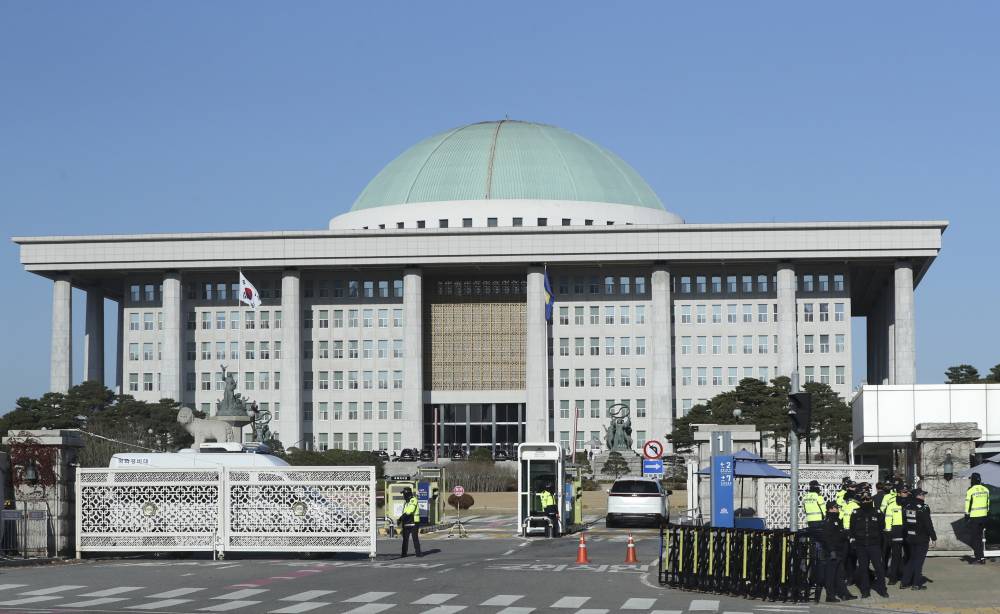'Martial law announcement caught everyone off guard' - Malaysian student in South Korea
Although her immediate surroundings showed no visible military presence, Siti recounted how helicopters flying overhead added an air of tension.

SHAH ALAM - The unexpected declaration of martial law by South Korean President Yoon Suk Yeol on Dec 3 shocked both citizens and international residents, including a Malaysian university student studying there.
Among those navigating the confusion was Siti Aisyah Shamsul Anuar, 26, who was pursuing her Master of Arts in Korean Studies at Yonsei University in Seoul.
"I learned about the news almost immediately after it was announced through a WhatsApp group. At the time, I was at a cafe working and I noticed how the atmosphere around me suddenly became unusually quiet.
"When I returned to my dormitory, I saw many people gathering in the lobby, most of them on their phones, calling their families," she told Sinar Daily, today.
Although her immediate surroundings showed no visible military presence, Siti recounted how helicopters flying overhead added an air of tension.
She highlighted that Yoon's declaration of martial law took everyone by surprise, including the locals.
"It seemed abrupt, as there had been no recent signs of escalating tension between the North and South. Group chats quickly became flooded with messages, with some international students panicking and expressing their fears.
"I, too, was initially confused, but I managed to stay calm after my Korean friends reassured me and explained the situation, helping to bridge my language limitations.
"My family reached out to check on me and I explained the situation, letting them know there was nothing to worry about. I assured them I would stay informed and take necessary precautions if things escalated," she added.
Protests flared near the National Assembly, but Siti was relieved to be living far from government offices.
Although she did not witness any demonstrations firsthand, she described the initial shock as intense, adding that the Koreans around her were understandably worried at first, but life gradually returned to normal as the situation became clearer.
"This event has made me more aware of the political uncertainties and dynamics here.
"As a student studying politics, experiencing such an event firsthand in a developed country has been an eye-opening experience, one I never expected to encounter.
"Protests continue near the National Assembly, but they are not as intense as when the news first broke.
"There has been no official announcement from the President regarding the lifting of martial law, with the situation hinging on a Parliament vote and opposition petitions. Despite this, daily life for most citizens has resumed and the initial alarm has started to fade," she said.
On Dec 3, Yoon declared martial law amidst an alleged political and constitutional crisis, accusing the Opposition-dominated National Assembly of "anti-state" activities and alignment with North Korea.
"The National Assembly has become a monster that destroys the liberal democratic system," Yoon said.
The decree, signed by Army Chief of Staff General Park An-su, restricted political activities and press freedoms but was unanimously overruled by 190 lawmakers, including 18 from Yoon’s own party, within six hours.
Opposition leader Lee Jae-myung condemned the move as "a grave violation of the constitution," while People Power Party leader Han Dong-hoon called it "unconstitutional."
Facing backlash, Yoon lifted martial law, but the liberal Democratic Party demanded his resignation, calling the act "a grave act of rebellion."
The political fallout left Yoon’s approval ratings at a record low of 17 per cent, with impeachment proceedings or resignation looming as potential outcomes.
Download Sinar Daily application.Click Here!












